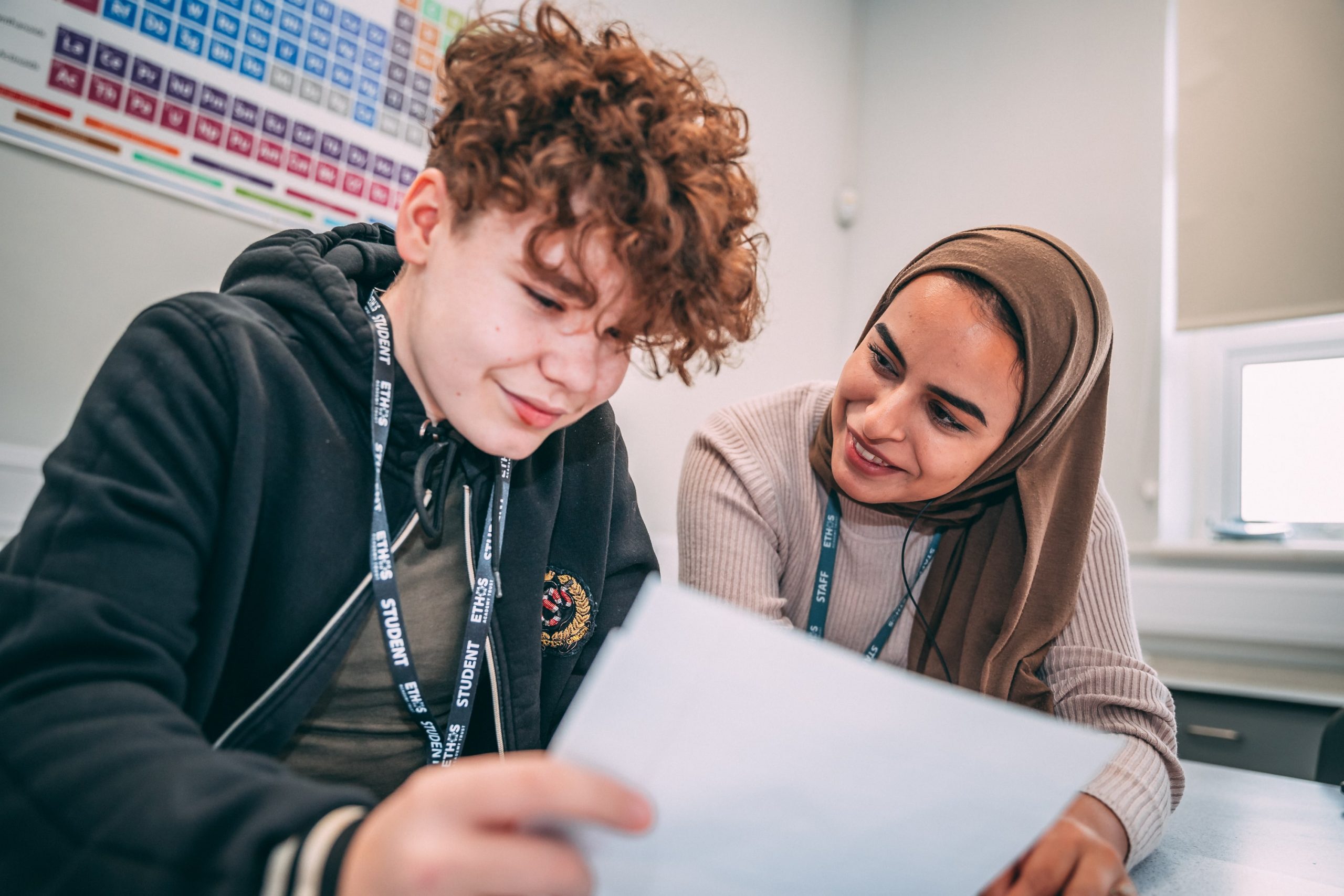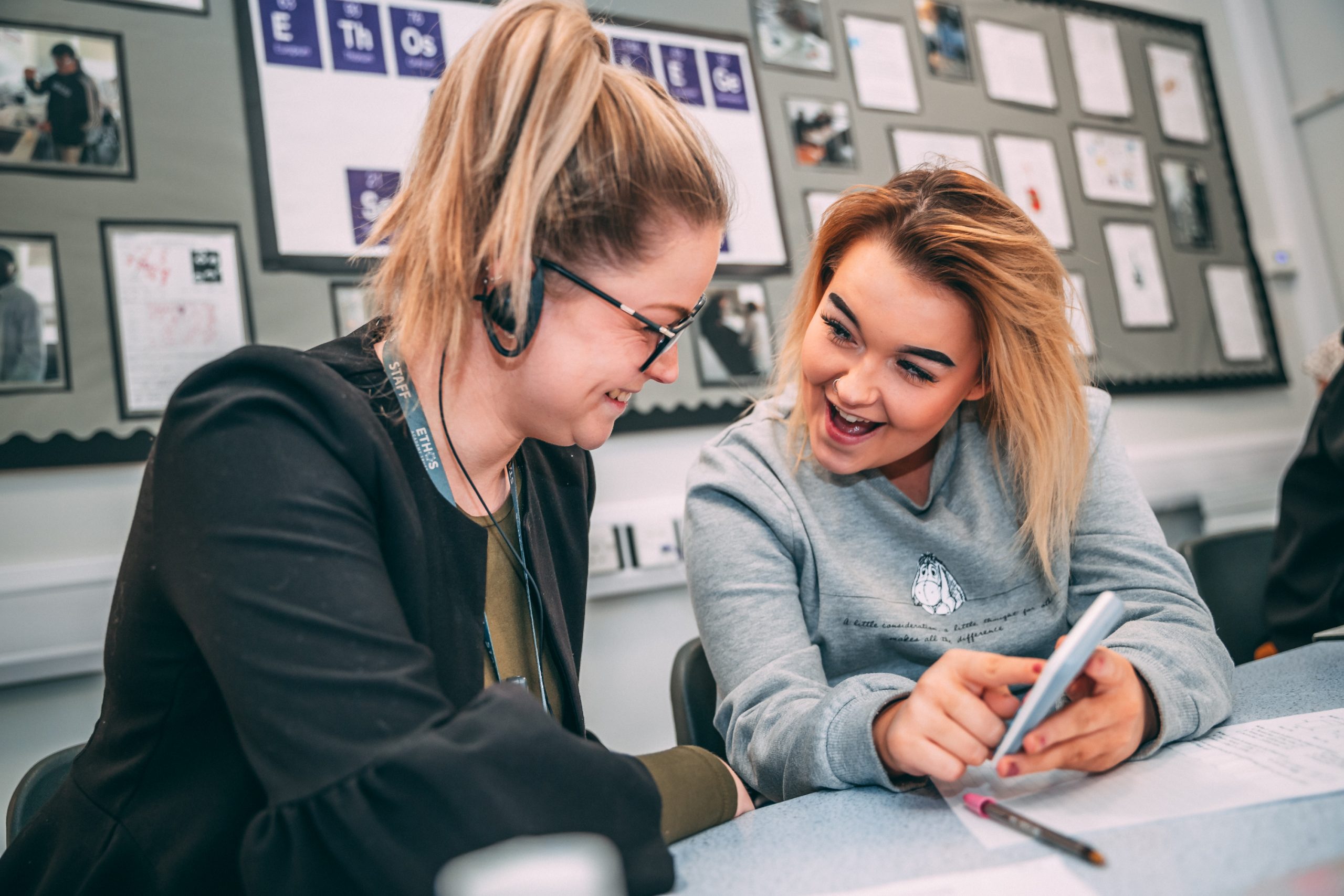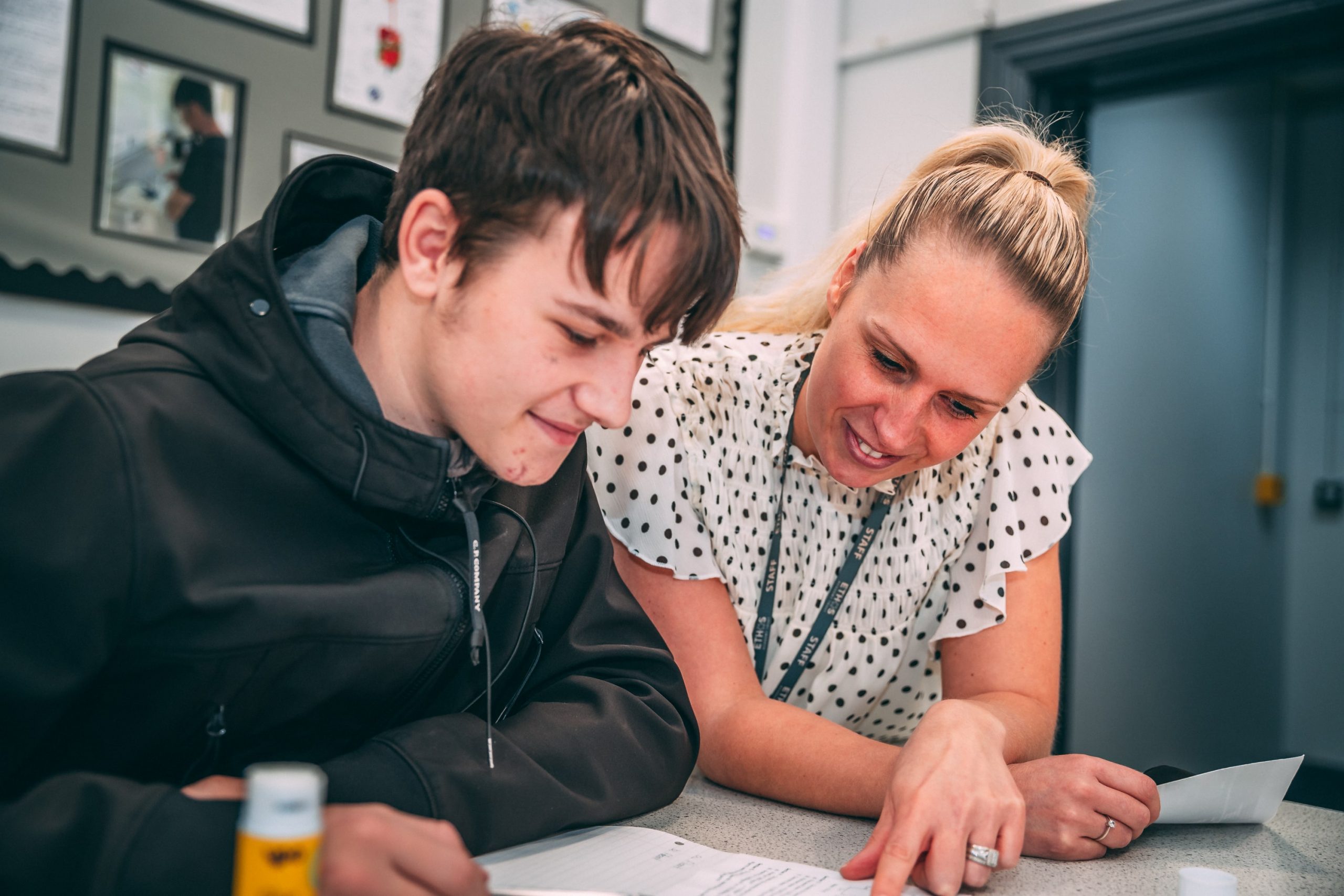This qualification is for learners aged 14-16 who wish to develop applied knowledge and practical skills in child development. It is designed with both practical and theoretical elements, which will prepare students for further qualifications in Child Care, Health and Social Care, Psychology, Sociology and Biology. All students will study three mandatory topics as follows: Health and well-being for child development Understand the equipment and nutritional needs of children from birth to five years Understand the development norms of a child from birth to five years.
Assessment is through 2 internally marked pieces of coursework and an external written exam that lasts 1 hour 15 minutes.
The first topic of study underpins all of the other learning in this qualification. Students will develop the essential knowledge and understanding in child development, covering reproduction, parental responsibility, antenatal care, birth, postnatal checks, postnatal provision, conditions for development, childhood illnesses and child safety. Knowledge gained would be of use for further studies in PHSE, Biology and other child development qualifications.
In the second topic of study, students will gain knowledge of the equipment needs of babies and young children and an understanding of the factors to be considered when choosing appropriate equipment to meet all of these needs. This topic will also cover nutrition and hygiene practices and students will be given the opportunity to investigate feeding solutions, comparing these to nutritional requirements and evaluating the outcomes. Evaluation skills are developed, which would be of use in further studies in a number of areas.
In the third topic of study, students will gain an understanding of the development norms from birth to five years and the stages and benefits of play. Students will gain knowledge of, and skills in, developing activities to observe development norms in children up to the age of five. This topic will include researching, planning and carrying out activities with a child and observing and evaluating these activities, as well as comparing the child to the expected development norms. Researching, planning, observing and evaluating skills would be useful in further studies as these are transferable skills and could be applied to many subject areas.




